Living Off-Grid Equation in a Fragile Ecosystem Balancing Sustainability with Ecological Complexity
The Benefits Of Living Off-Grid Equation Ecological Complexity
Living off-grid means disconnecting from centralized utilities — including electricity, water, and waste systems. It often involves renewable energy sources like solar and wind — paired with battery storage for continuity. Water is typically sourced through rainwater harvesting or groundwater wells — requiring filtration and conservation. Waste is managed through composting, recycling, or localized disposal — with varying environmental impacts. The lifestyle is often framed as sustainable — but its ecological footprint depends on design and maintenance. Gains include reduced reliance on fossil fuels — and increased ecological awareness. Losses may include resource strain, habitat disruption, and material extraction. Off-grid living is not inherently eco-friendly — it depends on choices and context. Environmental outcomes vary widely — from regenerative to extractive.
Energy Systems — Solar, Wind, and Battery Realities
Solar panels and wind turbines are the backbone of off-grid energy — reducing dependence on fossil fuels. Manufacturing solar panels requires silicon, silver, and rare earth metals — which involve mining and emissions. Wind turbines use steel, copper, and fiberglass — each with its own environmental cost. Battery storage is essential for energy continuity — especially lithium-ion systems. Lithium mining can degrade ecosystems — particularly in South America and Australia. Recycling solar panels and batteries is complex — and often underdeveloped. Backup generators are common — but they reintroduce carbon emissions. Passive solar design reduces energy demand — through orientation and insulation. Energy autonomy reduces grid strain — but introduces material and disposal challenges. Long-term sustainability depends on lifecycle planning — not just installation.

Water Management — Harvesting, Filtration, and Aquifer Ethics
Rainwater harvesting reduces pressure on municipal systems — and supports local hydrology. Filtration systems vary — including sand, ceramic, UV, and activated carbon. Improper filtration can lead to microbial contamination — especially in humid climates. Groundwater wells tap aquifers — which may be vulnerable to overuse. Pumping water requires energy — adding to the system’s load. Greywater recycling supports irrigation — but must avoid pathogen spread. Composting toilets reduce water use — and support nutrient cycling. In drought-prone areas, off-grid water use must be tightly regulated — to avoid depletion. Water autonomy promotes conservation — but demands ecological literacy. Sustainable water systems require ongoing monitoring — and adaptive design.
Waste Systems — Composting, Recycling, and Local Impact
Composting toilets reduce water use — and convert waste into soil nutrients. Humanure systems are safe when properly managed — but require temperature control. Organic waste composting reduces landfill pressure — and supports soil health. Recycling off-grid is challenging — especially without municipal pickup. Burning waste releases particulates — including dioxins and carbon monoxide. Burying waste risks groundwater contamination — especially plastics and metals. Some off-grid communities use shared waste stations — to improve efficiency. Electronic waste is especially problematic — due to toxic components. Sustainable waste systems require education — and community coordination. Waste is not just a byproduct — it’s a design challenge.
Building Materials — Natural, Recycled, and Extractive Trade-offs
Straw bale, cob, and earthbag construction reduce industrial emissions — and support thermal efficiency. Reclaimed wood and metal reduce demand for new materials — but may contain contaminants. Concrete and steel have high embodied energy — especially during production. Transporting materials increases carbon footprint — even if the materials are “green.” Local sourcing supports regional economies — but may impact ecosystems. Timber harvesting alters habitats — and affects biodiversity. Clay extraction can degrade soil structure — and increase erosion. Insulation choices affect energy use — and indoor air quality. Building off-grid requires balancing durability, cost, and ecological impact. Every material carries a story — of extraction, transformation, and intention.
Food Systems — Permaculture, Livestock, and Land Use
Permaculture mimics natural ecosystems — reducing chemical inputs and supporting biodiversity. Raised beds and companion planting improve soil health — and reduce pests. Foraging supplements diets — but must avoid overharvesting. Livestock require land, water, and feed — which can strain resources. Greenhouses extend growing seasons — but may use plastics and energy. Crop rotation prevents nutrient depletion — and supports microbial diversity. Composting food waste closes nutrient loops — and reduces methane emissions. Off-grid food systems reduce packaging and transport — lowering carbon footprints. Habitat conversion for agriculture can reduce biodiversity — especially in forested areas. Sustainable food systems require ecological planning — and adaptive stewardship.
Transportation — Isolation, Emissions, and Mobility Design
Off-grid living often occurs in remote areas — increasing reliance on personal vehicles. Gasoline and diesel vehicles emit carbon dioxide — and contribute to air pollution. Electric vehicles reduce tailpipe emissions — but require battery infrastructure. Charging EVs off-grid demands solar or wind power — and robust storage. Biking and walking reduce emissions — but depend on terrain and safety. Shared transport systems improve efficiency — and reduce duplication. Horses and animal transport have low emissions — but require land and care. Isolation can limit access to public transit — reinforcing car dependency. Transportation choices shape ecological footprints — and social connectivity. Mobility must be designed with both autonomy and ecology in mind.

Biodiversity — Habitat Stewardship and Species Ethics
Off-grid homes often border wild habitats — increasing human-wildlife interaction. Building roads and structures fragments ecosystems — affecting migration and reproduction. Light pollution disrupts nocturnal species — including insects, birds, and mammals. Noise pollution affects communication and stress levels — especially in sensitive species. Domestic animals can threaten native wildlife — through predation or disease. Native plant restoration supports pollinators — and improves soil health. Wildlife corridors reduce fragmentation — and support genetic diversity. Invasive species must be managed — to protect local ecosystems. Biodiversity is not a backdrop — it’s a cohabitant. Living off-grid means living with — not just near — the wild.
Climate Impact — Emissions, Resilience, and Feedback Loops
Off-grid systems aim to reduce carbon emissions — through renewables and local cycles. Methane emissions from composting and livestock must be managed — to avoid climate feedback. Passive solar design reduces heating needs — lowering energy use. Climate resilience is built through redundancy — multiple water, energy, and food sources. Extreme weather can overwhelm off-grid systems — including floods and wildfires. Wildfire risk increases with dry seasons — and poor land management. Flooding affects septic systems — and contaminates water supplies. Drought reduces crop yields — and stresses water systems. Climate adaptation requires foresight — and ecological humility. Living off-grid is not climate-proof — but it can be climate-wise.
Community Models — Shared Infrastructure and Ecological Synergy
Some off-grid communities share tools, land, and infrastructure — reducing duplication and waste. Cooperative models support environmental efficiency — and social resilience. Shared solar arrays and water catchments scale sustainability — and reduce cost. Community gardens deepen ecological literacy — and food security. Conflict resolution is essential — to maintain shared systems. Individualistic models may lead to resource hoarding — or ecological isolation. Governance structures affect environmental outcomes — through rules and incentives. Education and transparency build trust — and ecological awareness. Environmental synergy grows through dialogue — and shared vision. Off-grid living thrives when it’s not just solo — but symbiotic.
Fire and Safety — Risk, Preparedness, and Ecological Design
Off-grid homes in forested areas face wildfire risk — especially with climate change. Building materials affect flammability — including wood, straw, and insulation. Firebreaks reduce spread — and protect structures. Water storage supports firefighting — and emergency response. Smoke detectors and extinguishers are essential — even in remote areas. Wood stoves emit particulates — and increase fire risk. Evacuation plans must bepratticed and clear. Community alerts improve coordination — and reduce panic. Fire is both a tool and a threat — and must be respected. Safety systems must be ecological — not just mechanical.
Sensory Ecology — Light, Noise, and Environmental Health
Artificial light affects circadian rhythms — in humans and animals. Dark skies support nocturnal species — and reduce stress. Noise pollution disrupts communication — especially in birds and amphibians. Generators and tools create localized disturbance — even in low-density areas. Solar-powered LEDs must be shielded — to avoid light spill. Quiet environments support mental health — and ecological balance. Sensory ecology is often overlooked — but deeply impactful. Living off-grid invites a quieter, darker world — one that heals and reveals. Environmental ethics include the senses — and the unseen. Sensory design is part of ecological stewardship — not just comfort.

Technology — Digital Tools and Environmental Trade-offs
Digital tools support monitoring, communication, and education — even off-grid. Solar-powered routers and devices enable connection — without grid dependency. Electronics have environmental costs — from mining to disposal. E-waste contains toxic materials — including lead, mercury, and cadmium. Recycling electronics is difficult — especially in remote areas. Open-source tools reduce energy use — and improve adaptability. Low-energy devices extend battery life — and reduce demand. Technology must be used mindfully — and maintained sustainably. Living off-grid doesn’t mean living offline — but it does mean living with intention. Digital systems are part of the ecosystem — not separate from it.
Conclusion — Ecological Autonomy and Ethical Complexity
Living off the grid offers environmental gains — but also introduces new ecological pressures. It reduces reliance on centralized fossil-fueled infrastructure — and encourages regenerative practices. However, it also demands resource extraction — especially for energy systems and construction. The ecological footprint depends on design, maintenance, and local context — not ideology. Biodiversity, water cycles, and soil health are directly affected — requiring stewardship and foresight. Climate resilience improves with autonomy — but vulnerability increases without community support. Waste, transportation, and technology must be integrated — not isolated. Off-grid living is not a binary solution — it’s a layered ecological negotiation. The most sustainable systems are adaptive — and rooted in place. Environmental ethics begin with awareness — and evolve through practice.
Join the Discussion — Your Ecological Story Matters
Whether you’re living off-grid, considering it, or simply curious — your choices shape the environment. Every system you build or reject carries ecological consequences — visible and invisible. What trade-offs have you faced — and what solutions have you discovered. How do you balance autonomy with community — and sustainability with practicality. Your story is part of a larger ecological narrative — one that deserves depth and nuance. Let’s move beyond romanticism — and into real-world design. Off-grid living is not just a lifestyle — it’s a living experiment. Your voice adds texture to this evolving archive — and helps others navigate their own path. Join the discussion — and help shape the future of ecological autonomy.
#OffGridLiving #EcologicalDesign #SustainableSystems #EnvironmentalEthics #RenewableEnergy #WaterAutonomy #WasteStewardship #BiodiversityMatters #ClimateResilience #PermaculturePrinciples #SensoryEcology #SymbolicArchitecture #CommunitySustainability #AdaptiveLiving #EnvironmentalStorytelling

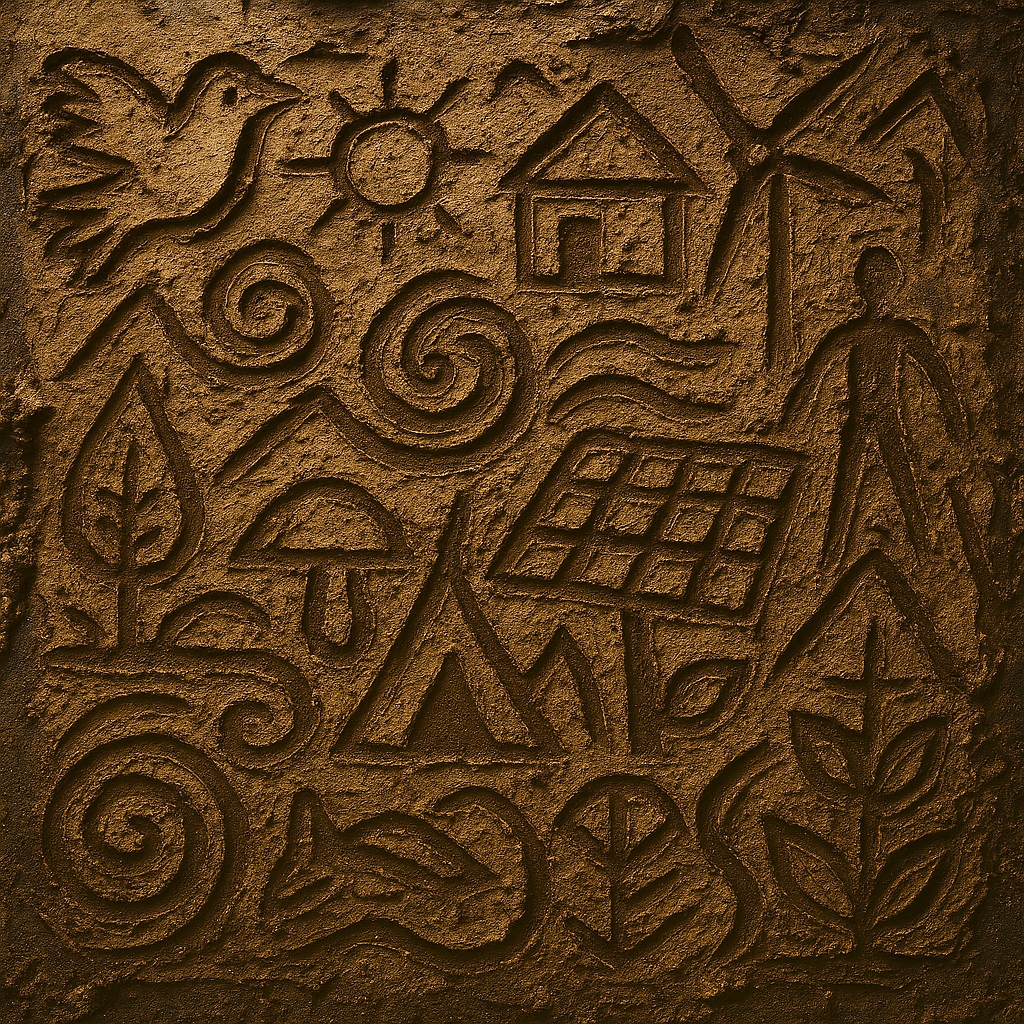

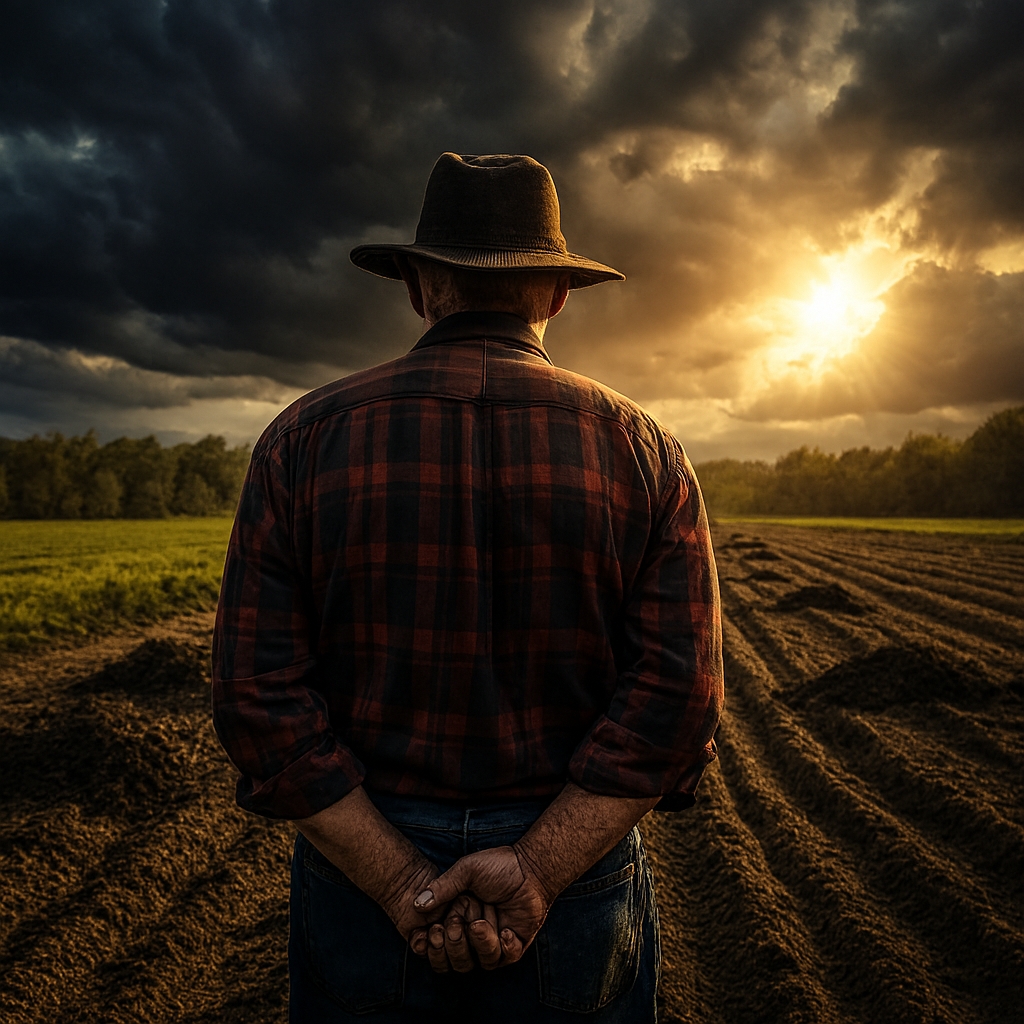




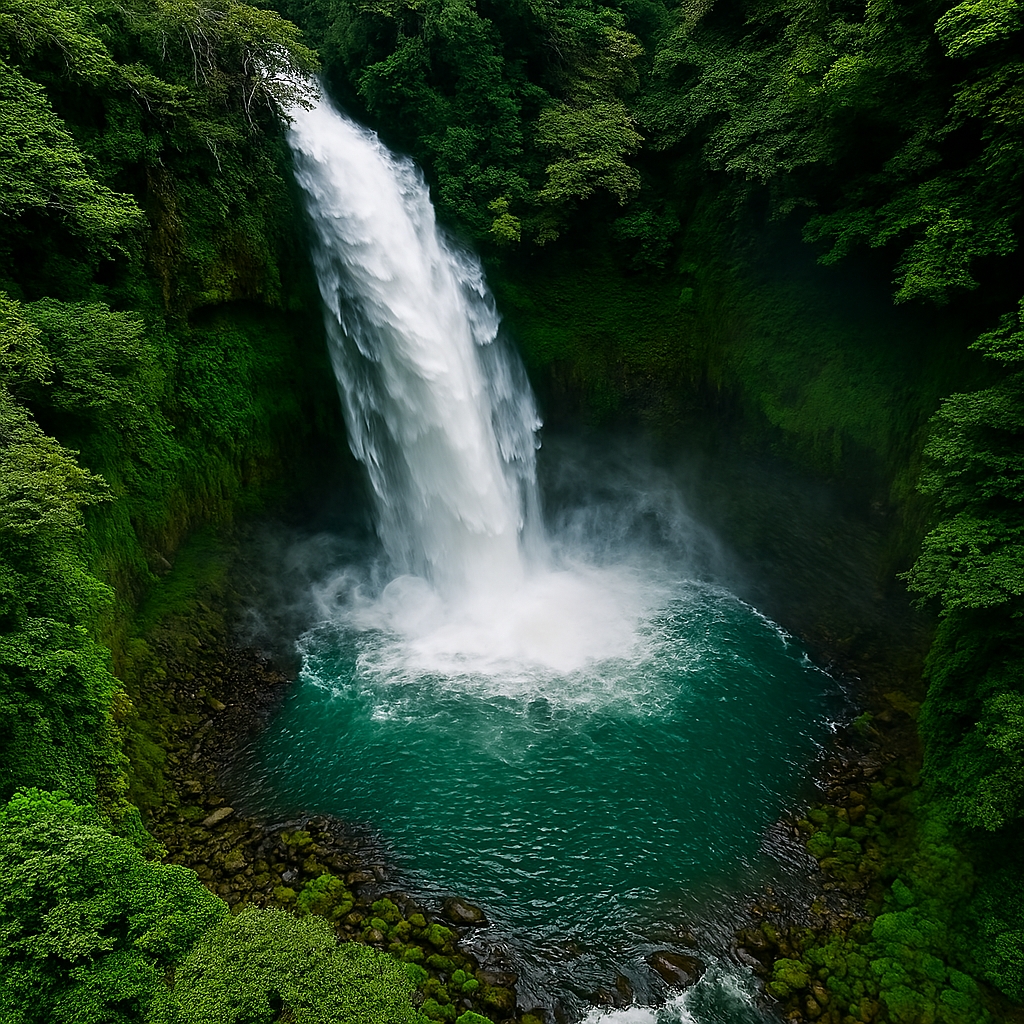
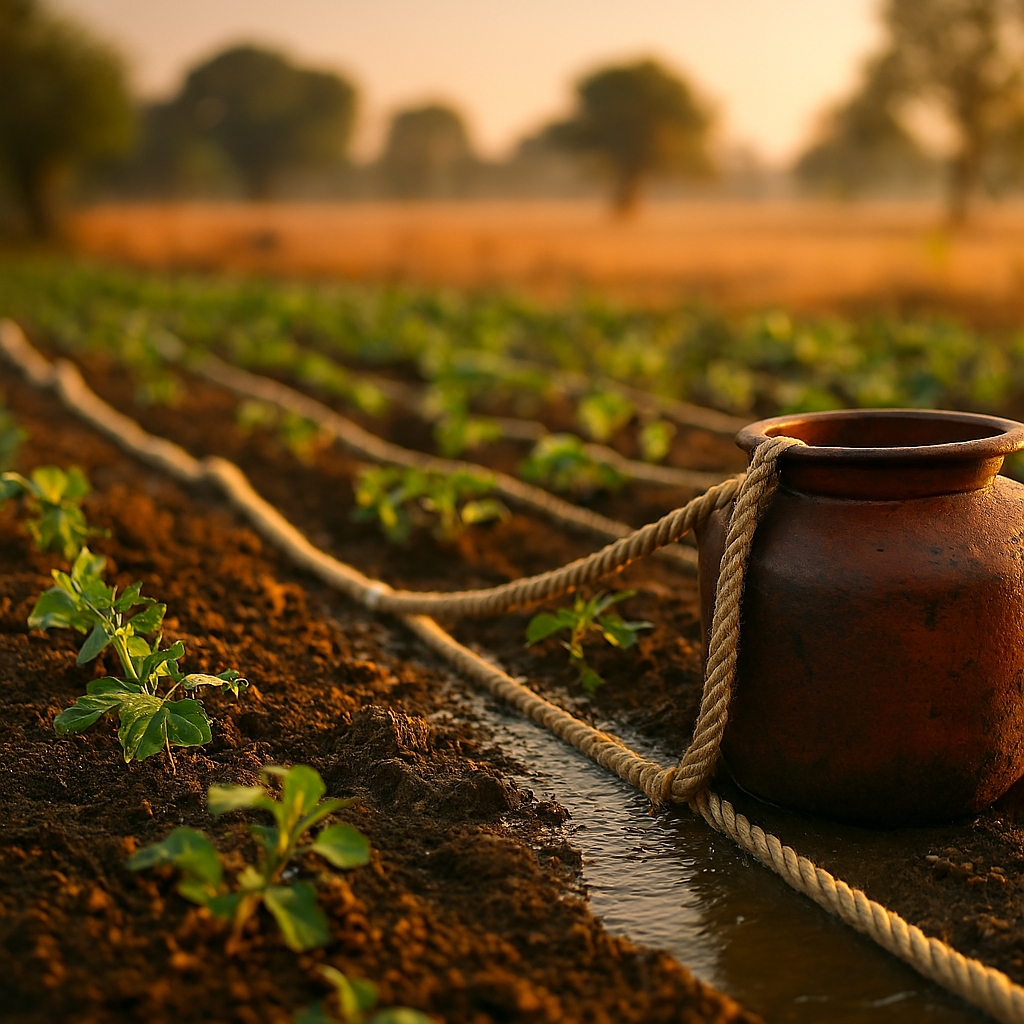
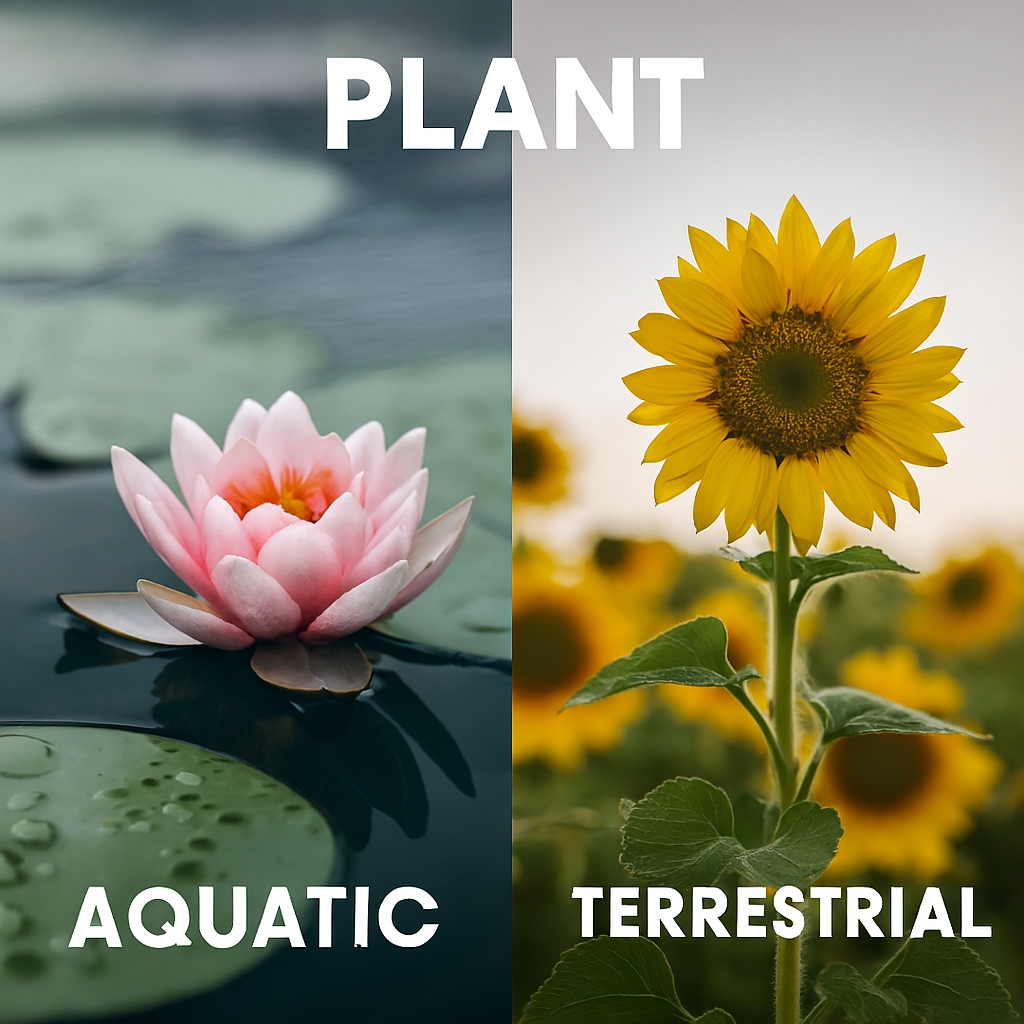
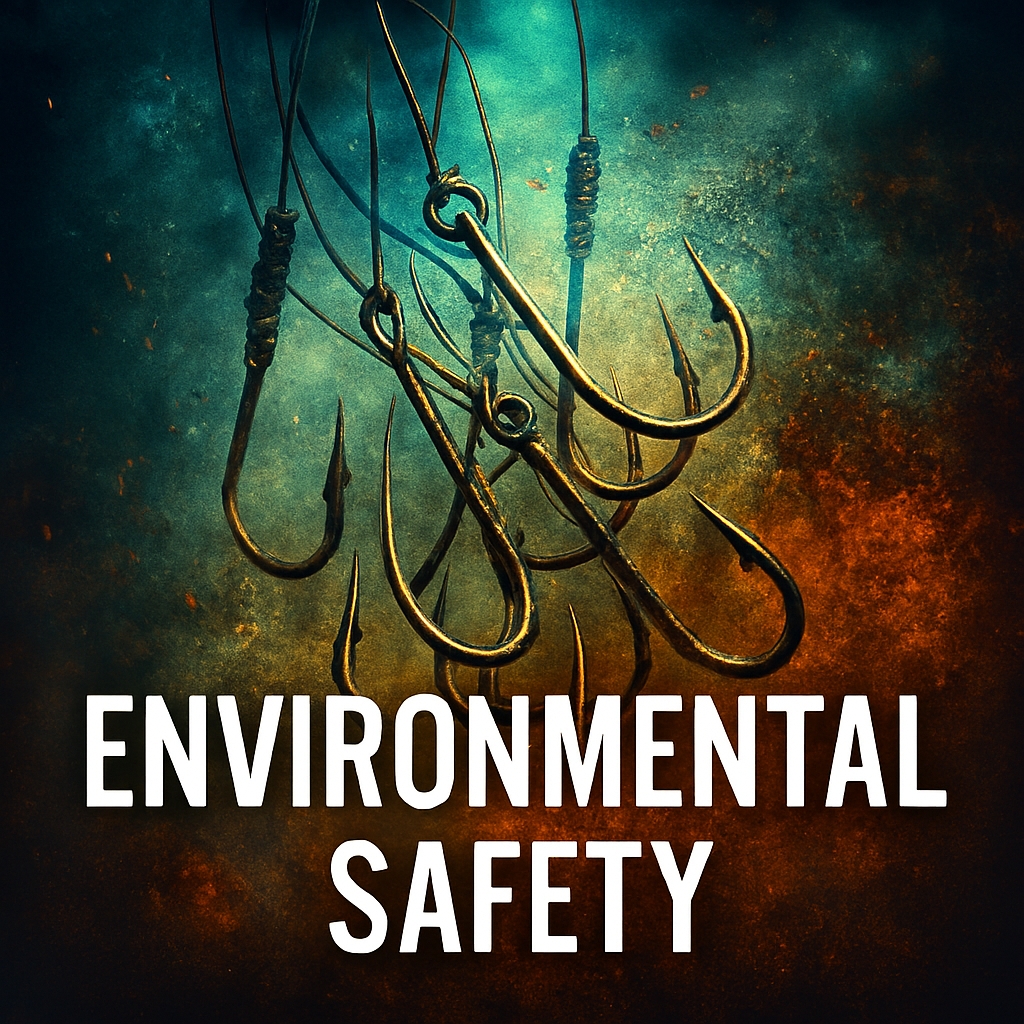
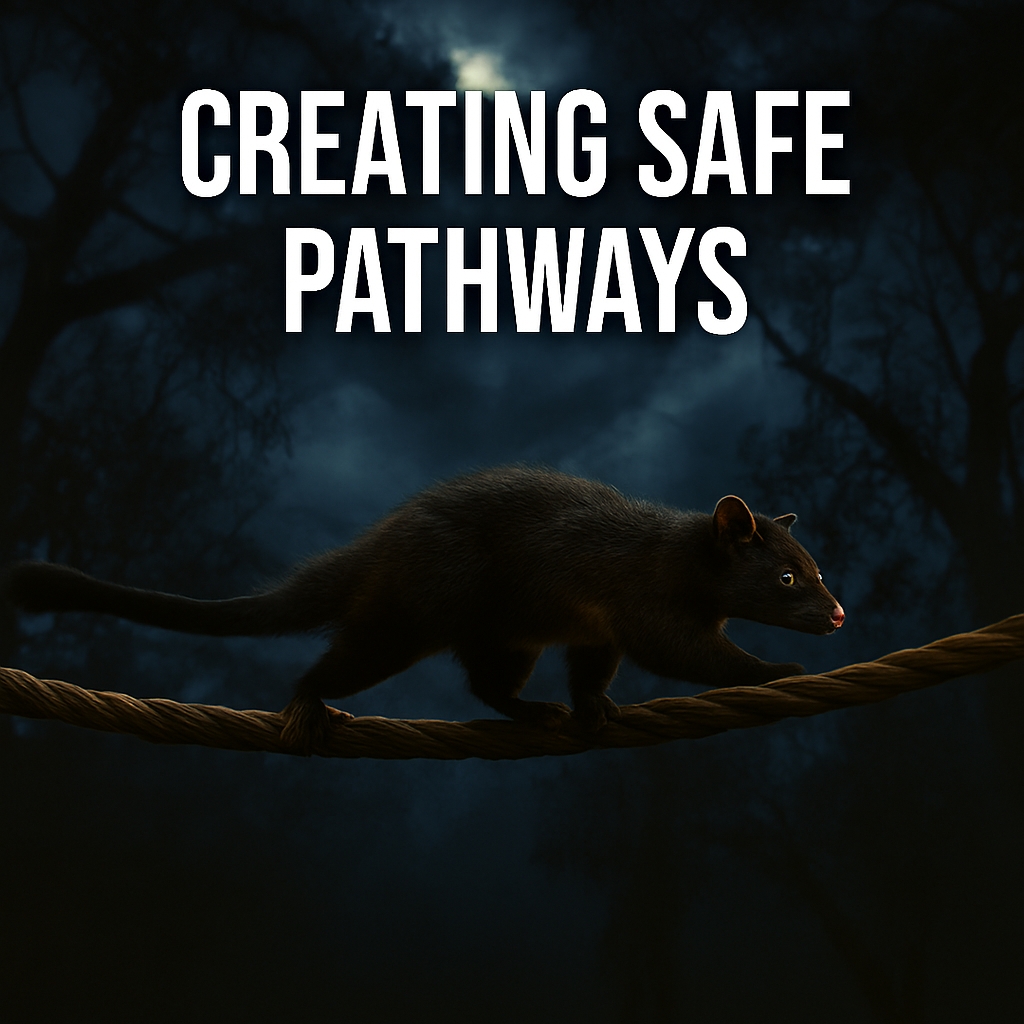
Psychology Of Living Off The Grid Mental Landscape
[…] Living off the grid is not just a physical relocation – it’s a psychological recalibration. It involves stepping away from centralized systems of energy, communication, and consumption – and entering a space governed by autonomy, ecological awareness, and intentional solitude. This shift affects cognition, emotional regulation, and identity formation. People who choose this path often report heightened self-awareness, reduced anxiety, and a deeper sense of purpose. The psychological effects vary depending on individual motivations, environmental conditions, and social support. This post explores the factual, research-backed dimensions of off-grid psychology – from neurobiological impacts to symbolic identity shifts. Drawing on environmental psychology, behavioral science, and trauma-informed resilience – we unpack how off-grid living rewires the brain’s relationship to time, space, and control. […]